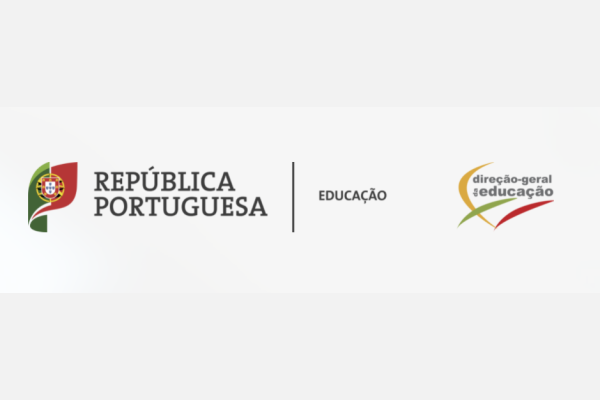Repository of Practices

Enhancing the reception and integration of Unaccompanied Minors (UAM) into the Portuguese Education System
Dates
Type of practice
Summary
The practice updated educational measures implemented in 2016 within the scope of the European Agenda for Migration, to respond to the initiative launched by Greece at the end of 2019 for the voluntary relocation of unaccompanied minors (UAM). In this context, Portugal began to welcome the first UAM in July 2020. The main goal was to provide everything necessary to meet the specific needs of these young people. In this vein, a reception/integration model was specifically designed. The main measures implemented concern:
- Specific guidelines both for granting study equivalences (according to the situation of having school certificates or not) and for enrolment in school;
- Progressive integration into the Portuguese education system;
- PL2 reinforcement learning (according to both the multidisciplinary teams’ and the schools’ pedagogical board analysis, based on the students’ needs).
School attendance should start during the first month after enrolment. In the first stage of their integration, the students only attend the educational activities that the school considers appropriate to their case, without however allowing a complete untying of the group/class. Students also benefit from complementary support, according to their specific situations. For this purpose, the MoE, the municipalities, and other non-governmental institutions provide social assistance regarding accommodation, food support, financial assistance, and educational resources.
The main beneficiaries are unaccompanied and asylum-seeking and refugee children. The key stakeholders engaged in the process include an internal education working group, multidisciplinary teams, bodies of the Ministries of State and Presidency, Justice, Foreign Affairs, Internal Affairs, Labour, Solidarity and Social Security, and NGOs.
Organizations
Main Implementing Organization(s)
Detailed Information
Partner/Donor Organizations
Benefit and Impact
Key Lessons
The integration model is applicable in the school year in which the students enter the education system, and in the following school year, if their entry occurs in the last three months of the previous school year. In addition, UAM only attend the educational activities that the school considers appropriate to their case, without however allowing a complete untying of the group/class.
Recommendations(if the practice is to be replicated)
Innovation
Additional Resources
Date submitted:
Disclaimer: The content of this practice reflects the views of the implementers and does not necessarily reflect the views of the United Nations, the United Nations Network on Migration, and its members.
More Related Practices:
- Comité de Cultura de Paz y Derechos Humanos
- Strengthening the capacities and frameworks to collect data and evidence on migration, the environment and climate change (MECC) in Mexico
- Encuesta Nacional Migrante de la Argentina (ENMA)
- A Gender-Focused Qualitative Study on Health Care-Seeking Behavior and Access to Tuberculosis Treatment among Mobile Populations from Moldova
- IOM’s Regional Programme Strengthens the Protection of Child Victims across North Africa and Key Routes
Peer Reviewer Feedback:
*References to Kosovo shall be understood to be in the context of United Nations Security Council resolution 1244 (1999).
Newsletter
Subscribe to our newsletter.